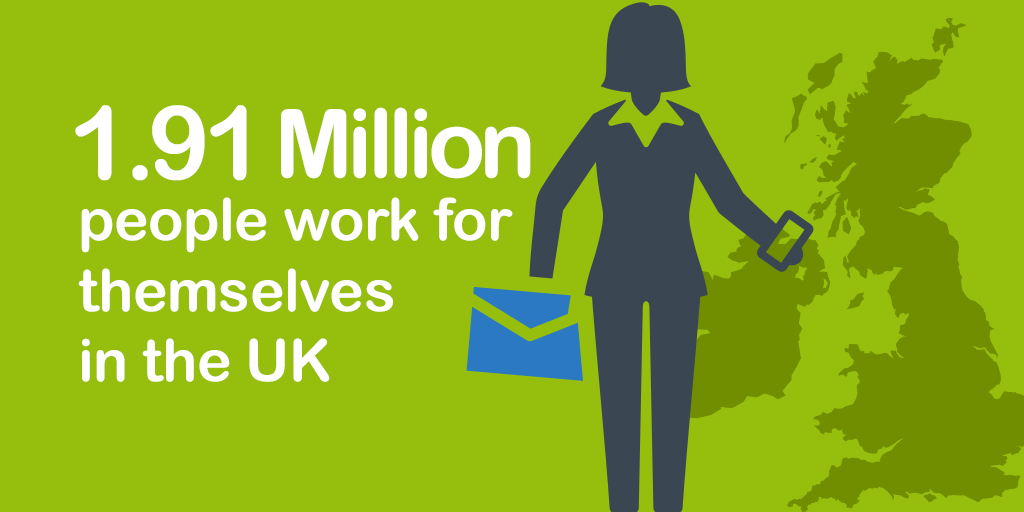
In the UK the attitude to freelance employment has changed dramatically over the last few years and particularly in the minds of young employees.
Until very recently freelance employment was seen as only for those who could not secure full time employment but in 2016 it is a highly desirable and legitimate career path.
So what brought about this change in attitude to freelancing?
Advancements in technology, a desire for flexible working and the effects of the financial crisis are often cited as reasons for this major change in freelance employment attitude.
According to a report by the Association of Independent Professionals and The Self Employed, since 2008 (the start of the financial crisis) the UK has seen a 36% rise in the number of people who work as freelancers.
In millennials the rise in freelancers was 51%. There are now roughly 1.91 million people working for themselves in the UK.
Technology such as smart phones has helped create this cultural shift. People are more reachable, more engageable and more available wherever they are than ever before. Freelancers can achieve so much while working remotely from the office environment and modern technology allows employers to more easily find these talented freelancers as and when they require their services.
More and more businesses are now also seeing the huge value of freelancers and are using them to great effect. They can now easily tap into talented and knowledgeable staff but only when they need them for essential projects and in times of increased demand on their services.
Millennials are thought to be especially drawn to freelance employment because of the flexible working suiting their lifestyles, according to the report by the Association of Independent Professionals and The Self Employed, but this is not true of all millennials.
Other reports suggest that this highly rosy view of freelance employment does not apply to all businesses or millennials. In fact a report by technology company Ricoh paints a different picture. Their report suggests many millennials are unconvinced by the flexible working approach even though they do desire it.
These particular young workers, who both would benefit and enjoy flexible working but are not convinced it is possible, say they still feel the psychological pressure and expectation of ‘presentism’.
The study showed that a large number of younger employees regularly stayed late at work because they believed it would help their job security. They also felt choosing flexible working could damage their career.
It also revealed over 2/3 of employees between age 18 and 26 exaggerate their workload in the hope of getting praise by managers. Following this revelation it is unsurprising that 41% of those taking part in the survey believe managers look favourably on those who are prepared to work more hours than laid out in their contracts. The reason they regularly do this is in a bid to impress not because they love the work or to meet a specific deadline.
In addition to working extra hours in the office ‘presentism’ also covers employees going to work when they are unwell and the reasons are mainly based on fear of unemployment and economical instability. This describes a culture of fear for businesses that don’t truly recognise the benefit of flexible working and actively discourage it.
Although studies also show that flexible working would better suit many millennials 39% believe spending time away from the office is damaging to their prospects, despite the fact that more companies have the facilities to accommodate flexible working.
1/3 of survey respondents said the government should do more to encourage businesses to use flexible working and half of the respondents said the government should also be ensuring businesses are clear on regulations for flexible working. 39% want companies to have better understanding on employee rights and especially in regard to tech enabled working solutions.
There is apparently still the persisting emotion among millennials that businesses promote the idea that more time spent at desks is better rather than favouring employees who produce the best work.
What can we make of this conflicting data? It seems those who have actively gone down the freelance employment route are reaping the benefits, while those in more traditional, permanent roles within certain companies are struggling against their business’ attitudes which have not updated their attitudes with evolving technology and practices.







